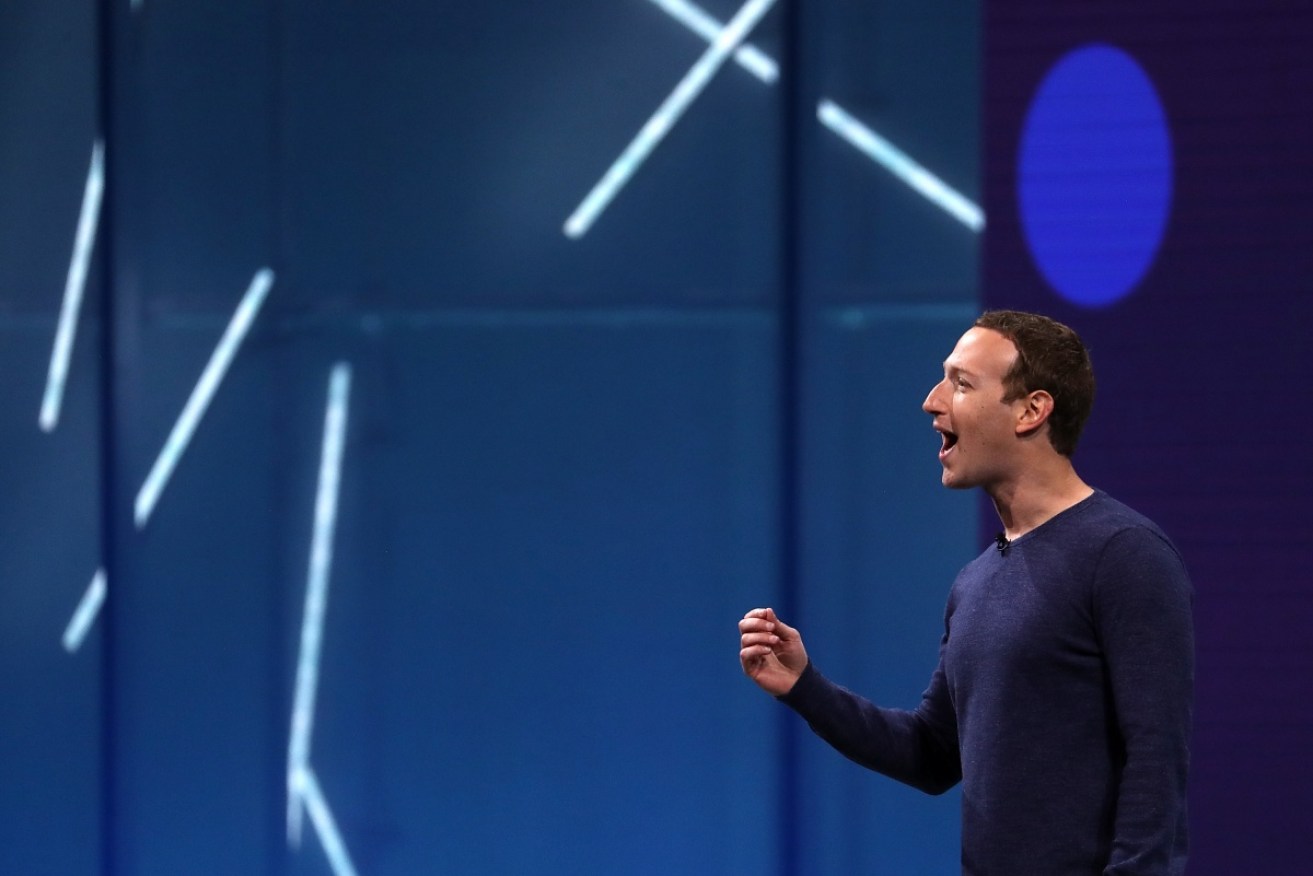Why Facebook’s new dating app could easily destroy Tinder and OKCupid


Mark Zuckerberg reveals Facebook's new online dating app. Getty
The future of online dating giants Tinder, OKCupid and Match is suddenly hanging in the balance after Facebook announced it would be entering the online dating market.
Facebook boss Mark Zuckerberg made the announcement on Wednesday morning (Tuesday local time), and within minutes the chaos had started.
Investors began selling their dating site stock en masse, judging that even a brand as big as Tinder, which has almost singlehandedly transformed the way single people meet other single people, couldn’t compete with the likes of Facebook.
As a result, Match Group, the dating conglomerate that owns some of the world’s most popular dating sites and apps including Tinder, OKCupid, Plenty of Fish and Match, saw its share price fall by 22 per cent – the biggest fall in the company’s history.
As far as stock market falls go, that is absolute carnage.

Is this an overreaction?
On the face of it, it may seem as though even Facebook isn’t big enough to sink a juggernaut like Tinder. However, a comparison between Facebook and the Match Group’s business models suggests otherwise. Shareholders, it seems, are right to be afraid.
The reason is simple: People don’t like to pay for dating apps, and with Facebook they won’t have to.
Unfortunately for Match Group, its business model is almost completely dependent on people paying. That may seem surprising, given most Tinder users don’t pay a cent and can still hook up to their hearts’ content. But it’s true. If no one subscribed to Match Group’s various dating sites and apps, the company would go bust.
Facebook, on the other hand, is almost 100 per cent funded by advertising, meaning it has no need at all for its users to pay. That fact, in combination with the fact that it possesses more data about its users than a much more niche site like Tinder, means Facebook is at a tremendous advantage.
On top of that, Tinder relies on Facebook for most of the data it does possess, because most people sign up to Tinder using their Facebook account. Presumably Facebook could, if it wanted to, turn off the tap to this pool of data. And now that it’s competing with Tinder, it’s more likely to want to.
How Match Group works
It may come as a surprise to many Australians to learn that one company owns so many of the well-known dating sites. Match Group owns a total of 45 dating sites and apps. It is to online dating what Unilever is to soap.
Along with the well-known dating sites pictured below, Match Group’s brands include niche sites such as singleparentmeet.com, democraticpeoplemeet.com, littlepeoplemeet.com, and blackbabyboomerpeoplemeet.com.
To further complicate matters, Match Group is itself owned by an internet conglomerate called IAC, which also owns sites like Ask, Investopedia, Daily Beast and Vimeo.

Most of Match Group’s big names operate on a ‘freemium’ basis – which means they offer a free core service, and a premium service for paying users.
In the case of Tinder, non-paying users can ‘swipe right’ (i.e. like) up to 100 people a day. But they can’t see who has liked them, and if they accidentally swipe left, that potential match is lost forever. Paying users see likes and can retrieve accidental swipe lefts, giving them much more control.
As of 2015, Tinder had 50 million users. But as of last year, only 3 million users were paying the monthly subscription fee to gain access to ‘Tinder Plus’ and ‘Tinder Gold’. The vast majority of users are generating no revenue at all for the company.
Why does Match bother offering so much for free? The idea is that the free functions will build up a large and loyal user base, and from there Tinder can start building a lucrative subscriber base.
While some of the apps do run ads, the amount of revenue that comes through that channel is tiny. Last year, Match Group’s subscription revenue was $US1.3 billion. Its advertising revenue, meanwhile, was just $US49 million. In other words, just 4 per cent of its revenue comes from advertising.
Facebook, on the other hand, collects 99 per cent of its more than $US40 billion revenue through advertising. That means Facebook is under no pressure whatsoever to charge users a cent for using the dating service.
And that is a truly terrifying prospect for Match Group.








